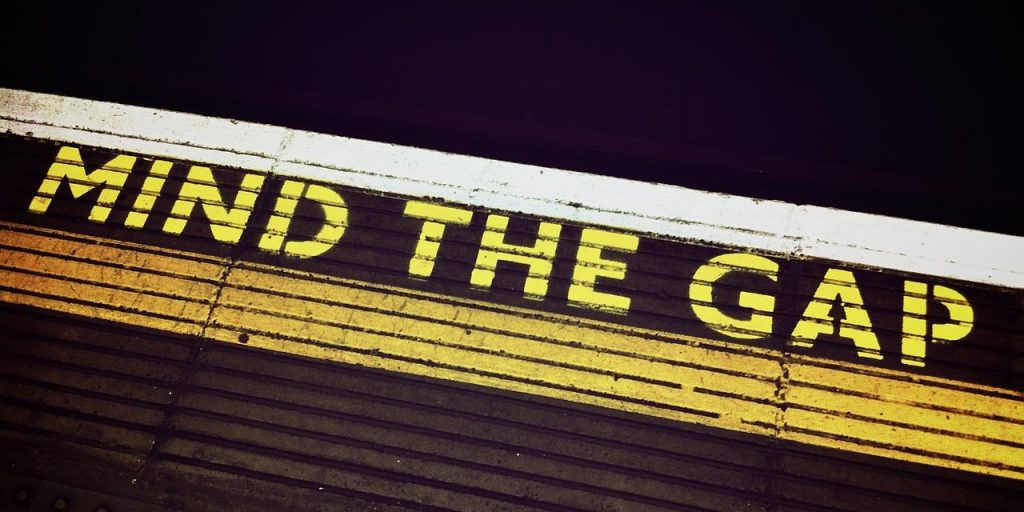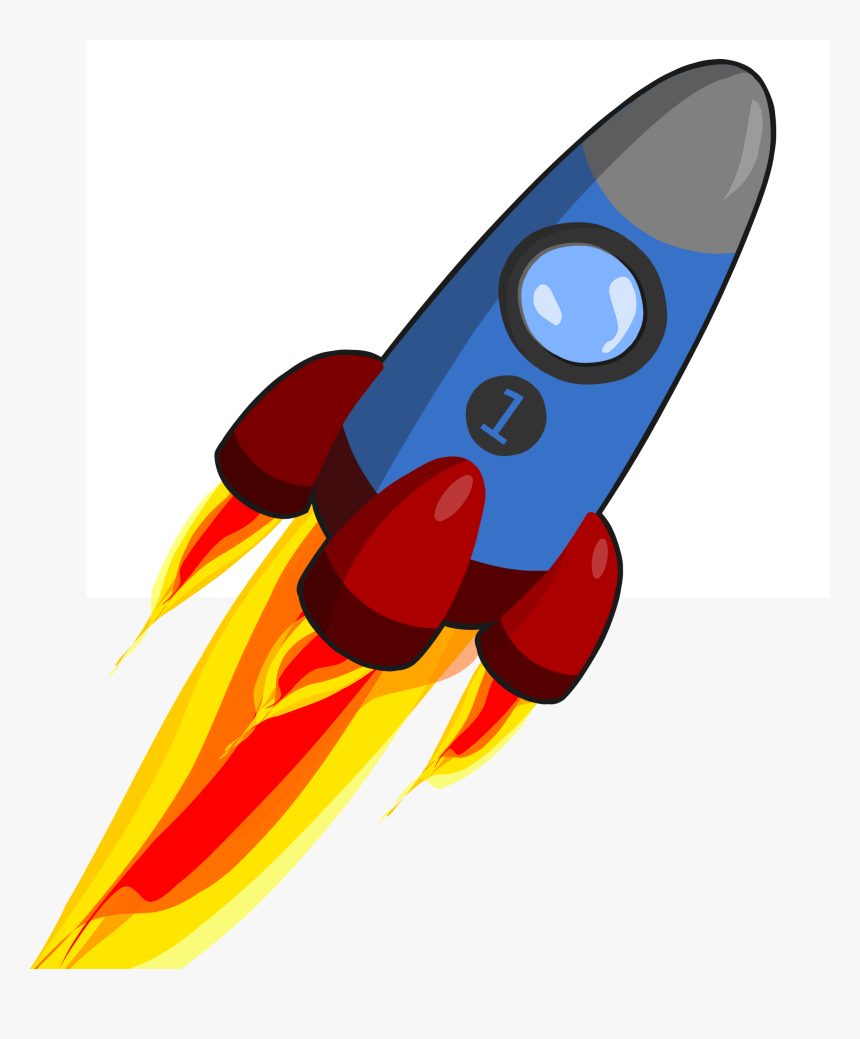Tag: brain
-

How do I make sure there are no gaps in my child’s learning?
Our job as educators has changed. We won’t succeed just by implanting a body of knowledge into our students’ brains. As soon as we do, there will certainly be changes to that body of knowledge and our students will be out of date again.
-

Curriculum is the vehicle; learning is the destination
New homeschoolers are often focused on trying to purchase the perfect curriculum. But it’s important to remember that the curriculum we choose is simply a different learning vehicle.